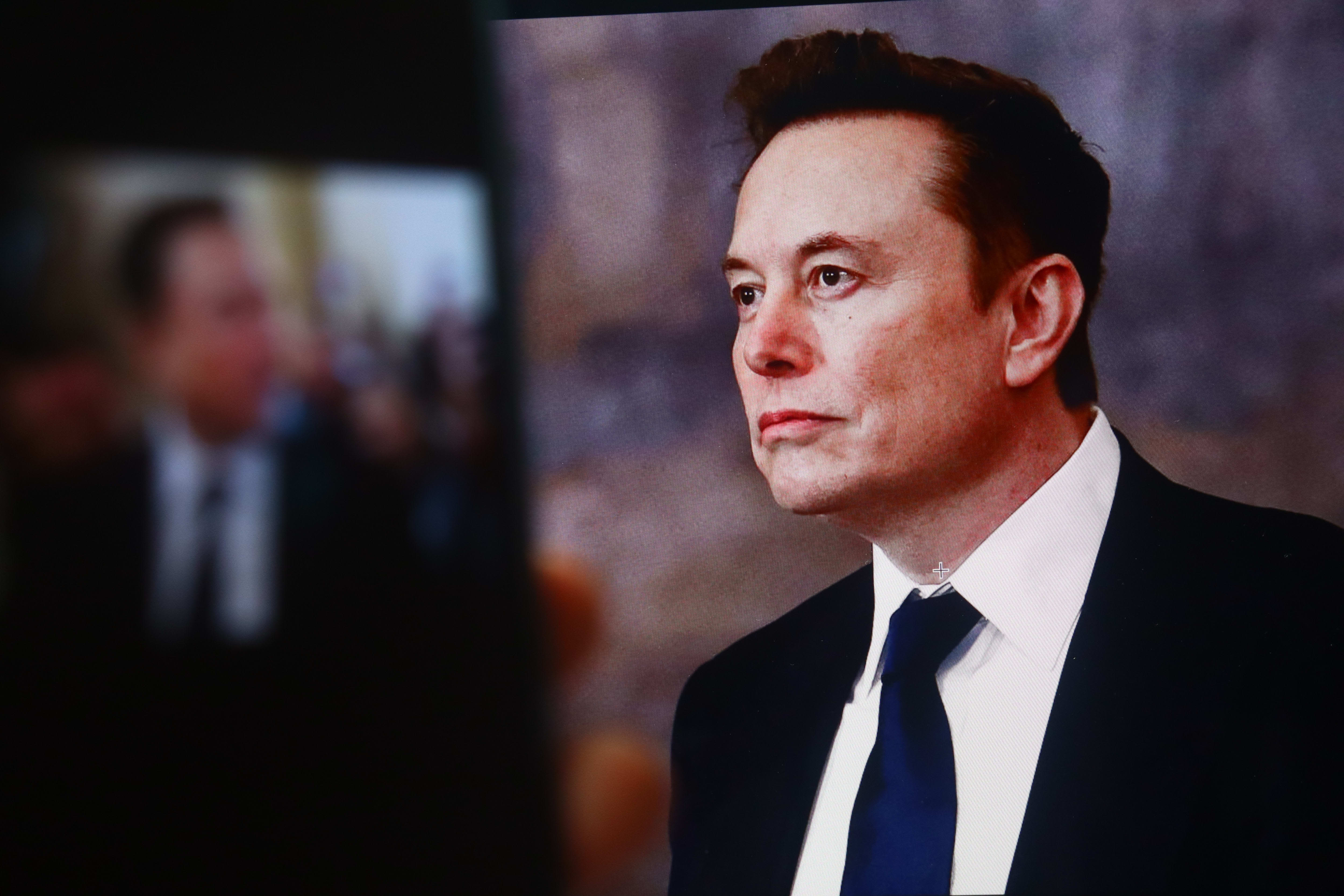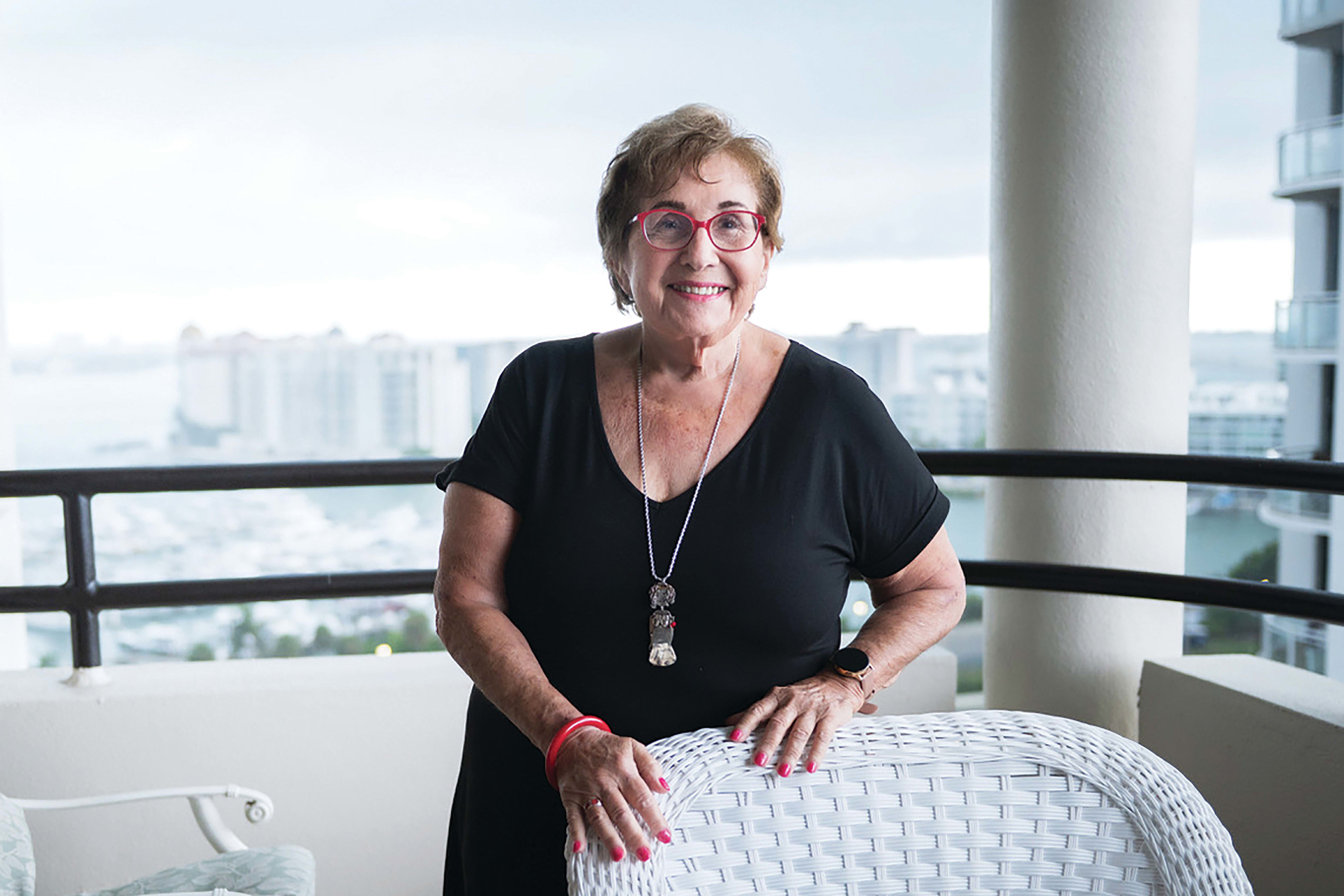What Rodney Linford Has Learned

The International Space Station
Image: Courtesy NASA
If you expect to find a retired physicist sitting contemplatively on a Chesterfield sofa in a wood-paneled study full of leather-bound books, then Rodney Linford’s habitat will surprise you. He resides in a purple-painted condo, themed with zebra images, off Ocean Boulevard, doors opening onto Siesta Key Beach. “Modern chic,” says his wife, Terrie, who designed it. Linford’s manner is as unstuffy as his abode. His career included studying alternating currents in superconductors and leading the development of several elements of the International Space Station. But the 76-year-old British native takes as much pride in his past 14 years doing volunteer work in Sarasota, especially his involvement in a program to improve reading levels in challenged elementary schools.

Rodney Linford
Image: Barbara Banks
“This is a long way from where I came from. I was born in 1942 in Manchester, England, an industrial city that was being bombed quite heavily by the Germans. We had rationing on almost everything. It wasn’t until the 1950s that candy stopped being rationed. Our family was allowed one egg a week, and my parents insisted it went to me. My father was a salesman and my mother a homemaker. We did not have much money, but I was able to get a scholarship to William Humes Grammar School, one of the best in Northern England, and that made all the difference. I did well and was able to attend Oxford.”
“Working at the space division at McDonnell Douglas, I developed a fire detection system for [the first U.S. space station] Skylab, which was of critical importance after all the fires associated with the Apollo space program. I ended up going on 164 flights in a zero-gravity aircraft. We lit fires in the combustion chamber and floated them in the airplane. We proved that every fire could be detected within 10 seconds, which created great confidence in the astronaut community. The fire detection system I helped develop is still on display at the Smithsonian National Air and Space Museum.”
“For nearly a decade, I was a caregiver to my first wife, Patricia, who suffered from multiple sclerosis. A nurse took care of Pat in the day and I’d come home, cook dinner and take care of her on the weekends. Did I accept it with the British ‘stiff upper lip?’ I suppose you could say that. I saw it as my responsibility. We had three children, and I’m sure they would have expected nothing less from me. We were married 39 years when Pat died.”
“A year or two later, I had the good fortune of marrying Terrie, whom I had known for many years. We were married on Siesta Beach, and one can certainly do worse than living on the No. 1 rated beach in the world. Sarasota is a cultural paradise, with arts programs few cities can match, and it’s filled with so many interesting, remarkable, successful people. I ended up retiring at 57 when McDonnell Douglas merged with Boeing. I remember reading a survey that found that senior executives who retired in their 50s usually lived well into their 80s, while those who kept working were hard-pressed to get much into their 70s. Later, I found that study was done by Boeing!”
“Retirement is the great leveler. There are any number of astonishingly successful people living in this building alone, but almost all are quite modest and living in the moment, not interested in going on about their accomplishments as a CEO or whatever.”
“One of the great joys of our life is being involved in charity organizations. For 10 years off and on, I chaired the wine committee for the Forty Carrots Wine, Women and Shoes event. My job was to recruit wineries and talk them into donating wine and determining how much we needed. It became a science for me. I had spreadsheets, algorithms. I also chaired the Forty Carrots board for four years.”
“For the past nine years, I’ve been involved with the Community Foundation of Sarasota, focusing on the problem of literacy in Sarasota County schools. Children who fall behind in third grade tend never to catch up. We addressed four schools in northern Sarasota County and we’ve had great success. We’ve started ‘parent universities,’ because you can’t really expect a child to succeed unless he or she is in a stable environment at home. To see the parents up on the platform when they graduate and their children with them is an emotional experience, among the most satisfying work of my life.”



